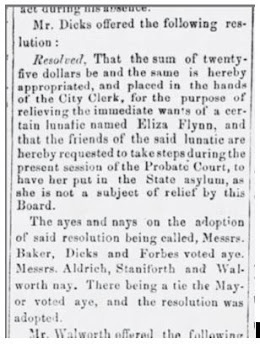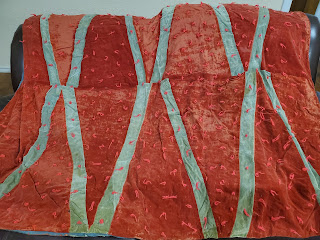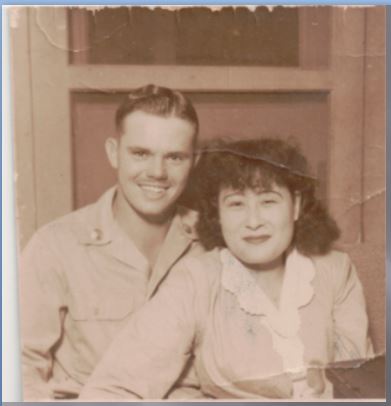52
Ancestors in 52 Weeks: Week 32 (Aug 9 -
15 )
Prompt:
At the Library
#52ancestors
Librarians and in particular, genealogy librarians and staff can be your most valuable resource. I'm a librarian and I still rely on librarians and reference staff to get me over brick walls. I have a brick wall that I have worked on for over 40 years. In 2011, I found a clue that may someday help me break that wall down.
I was hanging around the reference desk at the Dallas library, explaining my brick wall to Sammie Lee. She asked me several questions about what resources that I had used up to that point. Then she casually said, you know you can search the census on Ancestry.com by first names only. That idea had not occurred to me before. I spent hours searching by using first names, birthdates, and birth location.
This brick wall concerns 3 brothers, John William
Evans, James Thomas Evans, and J.M. Evans.
Searching for the first name John or James would give me too many
results to be useful. J.M. Evans would
have to be the one to search. All of the
records that can be connected to John or James only used the initials for J.M.,
however there are some records for a Jeptha Evans in the same area. A search for Jeptha produced no likely
candidates in the 1870 or 1860 census in Tallahatchie County, Mississippi or in
the state of Mississippi. The 1860
Monroe County, MS census has an Evans family with initials that many of the
Evans researchers believe is this family. I have always been uncomfortable with
accepting it because the boy's ages seem too different than what is known from
other records. Also, the later verified records all indicate they were born in
Mississippi. There is some DNA connections to this family but the connection is
still unclear to me. This J. L. Evans may be James Larkin Evans who died in the
civil war which would fit the family story of the 3 boys being orphaned as teenagers. For many years, I recorded it and continued to
search for verification.
1860
Monroe County, MS
It has generally been accepted that J. M. was Jeptha, however my research indicates that the J.M Evans
connected to the other 2 brothers may not be named Jeptha. His name could be Jeremiah, often
listed as Jerry. Tracking J.M. through his marriages and census records, below
are names in the census records.
1900 Jerry M. Evans, Brazoria, TX with 2nd wife and children
Died 1914-1915 buried in Tallahatchie Co., MS
Searching the 1870 census gave no conclusive results, but one possibility. The1860 census was a different story. Adams County, MS produced a record with 3 boys with the right ages but the wrong last name. They were living with Eliza Flynn and listed with the Flynn last name.
It is obviously a blended family. There is a John, age 12 and John, age 4. There is a Mary, age 6 and Mary, age 2. If this is the correct boys, then they were orphaned prior to their teenage years. Eliza Flynn may be their Father's sister with her married name or their Mother's sister.
There are other connections to the Flynn family
although none of the names match these names.
For more information about the Flynn connections, check my blog post at: https://lelasgenealogy.blogspot.com/2011/12/3-evans-brothers.html
I spent a week in Adams County researching in the courthouse, the Episcopal and Catholic Churches. Unfortunately, I didn't find land records or probate records that would collaborate my hypothesis that the Flynn boys are actually the Evans boys. In early 2012, my blog details research into an Evans family in Adams County, but I found no links from them to these 3 brothers. There is more research to do in Adams County.
What do you think? Am I on the right track?

















